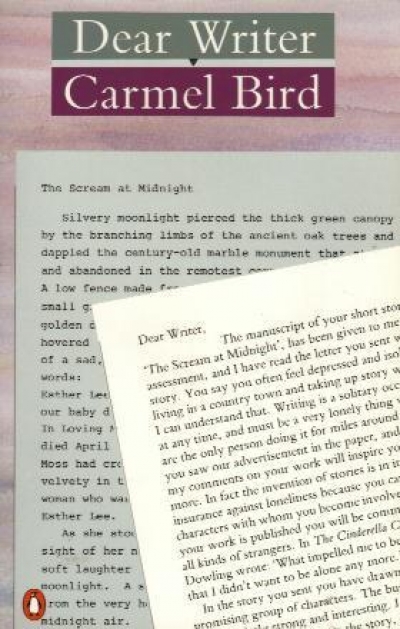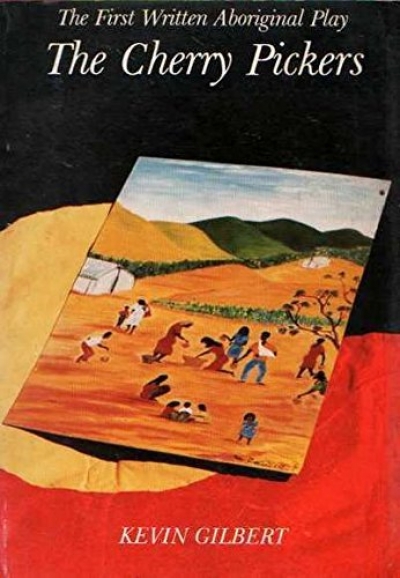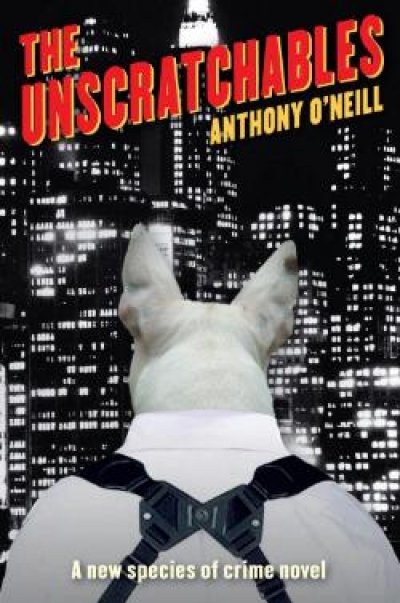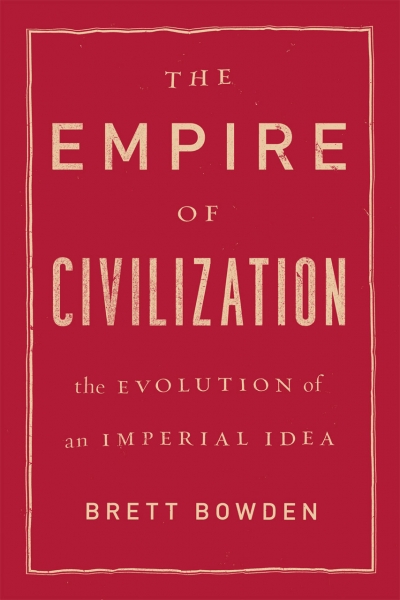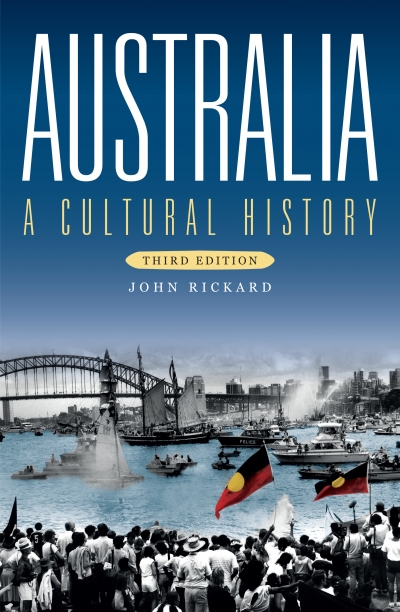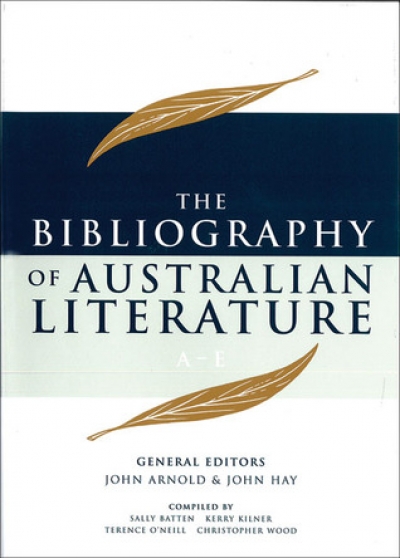Archive
The Empire of Civilisation: The evolution of an imperial idea by Brett Bowden
There is this battleground, see. On one side, shooting from the jungle, there are the literary agents. On the other, shooting from the swamps, are the publishers. And contrary to what you’re probably thinking the writer isn’t bleeding on the barbed wire, caught in the crossfire. Hell, no. The writer’s at home in silent safety, pencils sharpened, ruler straightened, papers just so, about to begin A New Work, for which the literary agent will extract from the publisher an advance twelve times bigger than the writer ever dared to hope for or believed possible.
... (read more)Have I talked on this topic before? Do I hear the echo of my own voice? ‘What we do’, I say so many times a week, ‘is read your manuscript. If we think there is a market for it, we’ll try to place it with the most appropriate publisher, negotiate the best possible terms for you, exploit such subsidiary rights as are applicable, and take 10 per cent of whatever we can get for you.’
... (read more)I’m unrepresented but still resented. By the regular writers of the pulp I contribute to to keep me and mine from the pawnbrokers; by the witless screenwriters’ minders who know how to quote Lawson, but only in jest; by the rank & file plodders who hate the public, and most of all loathed by academics who have a sort of vision of blue collar, but mix it up w ...

